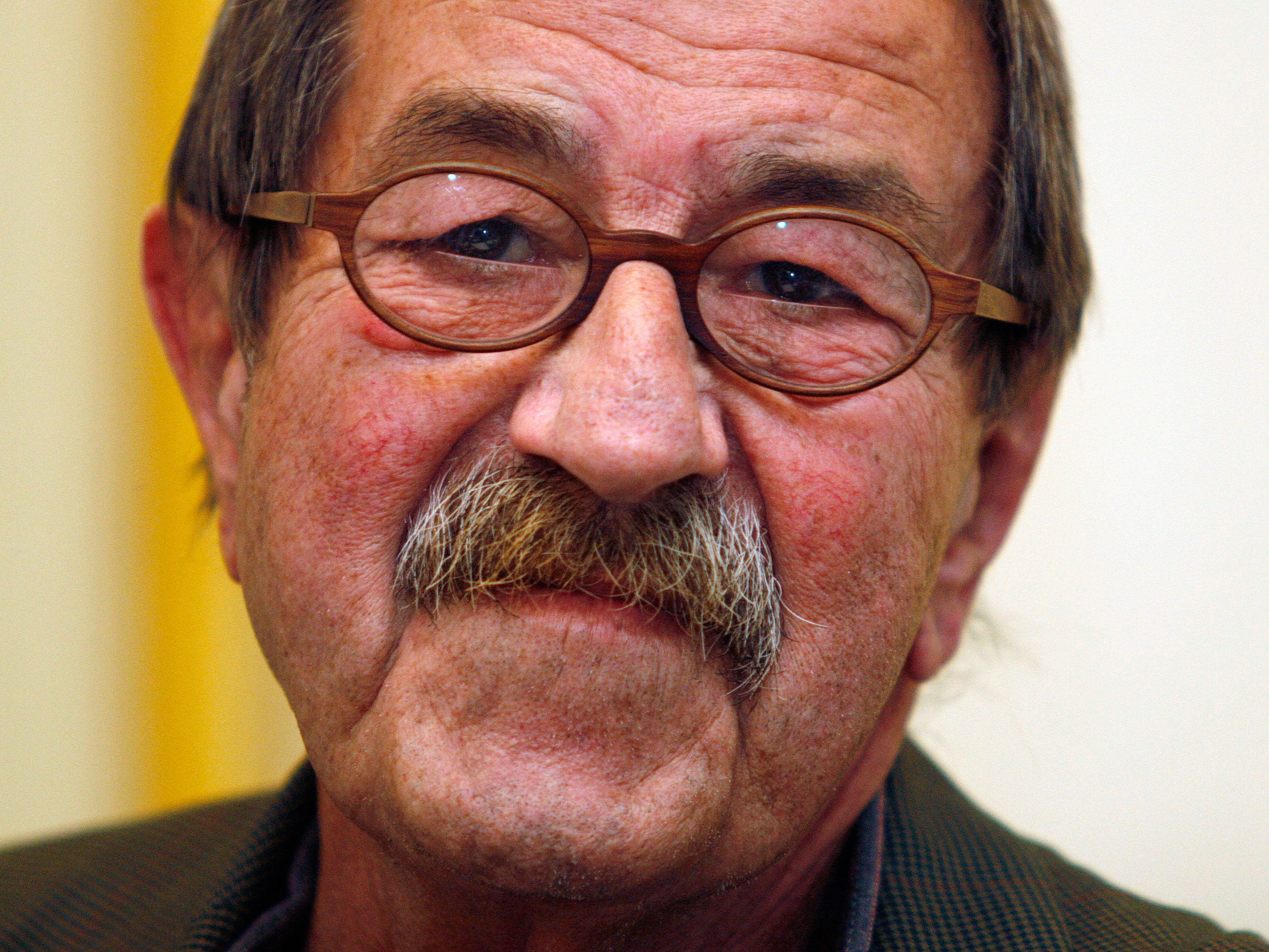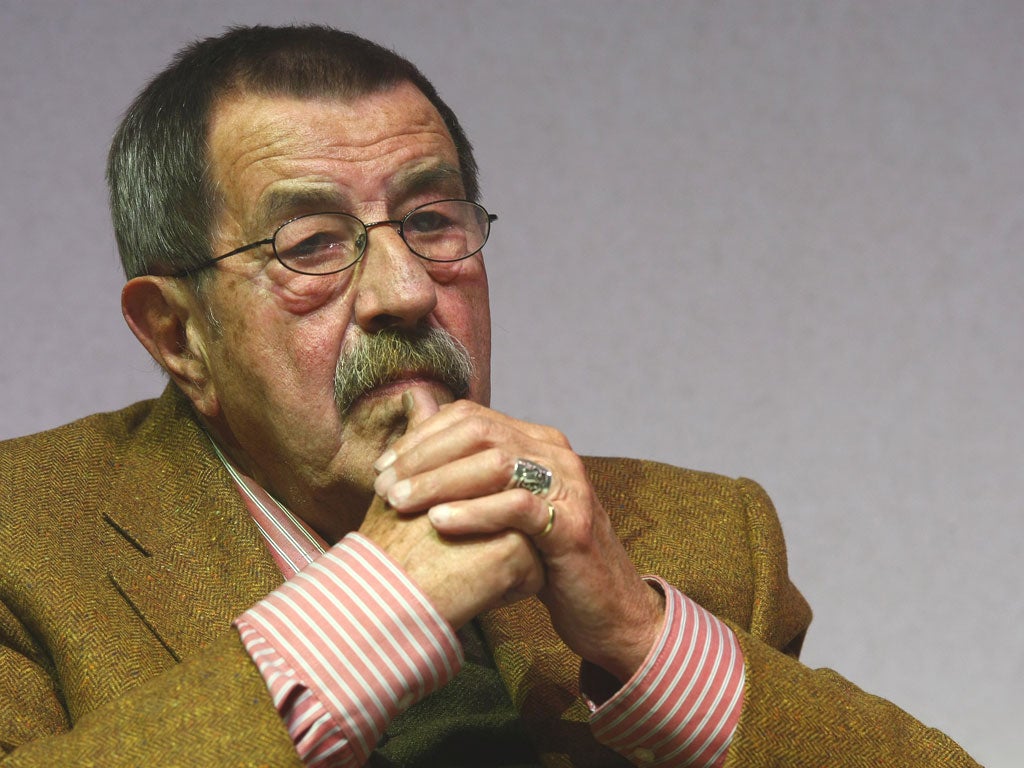Gunter Grass death: Nobel Prize-winning German writer of The Tin Drum dies aged 87
Grass was praised by Germans for helping to revive their culture in the aftermath of WWII

Your support helps us to tell the story
From reproductive rights to climate change to Big Tech, The Independent is on the ground when the story is developing. Whether it's investigating the financials of Elon Musk's pro-Trump PAC or producing our latest documentary, 'The A Word', which shines a light on the American women fighting for reproductive rights, we know how important it is to parse out the facts from the messaging.
At such a critical moment in US history, we need reporters on the ground. Your donation allows us to keep sending journalists to speak to both sides of the story.
The Independent is trusted by Americans across the entire political spectrum. And unlike many other quality news outlets, we choose not to lock Americans out of our reporting and analysis with paywalls. We believe quality journalism should be available to everyone, paid for by those who can afford it.
Your support makes all the difference.Günter Grass, the Nobel Prize-winning German novelist, who wrote The Tin Drum, has died aged 87.
Matthias Wegner, spokesman for the Steidl publishing house, confirmed that he died on Monday morning in a Luebeck hospital.
Born in the city of Danzig – now Poland’s Gdańsk - in 1927, Grass was the son of a grocer who found fame with his debut novel ‘The Tin Drum’ which was hailed as one of the greatest novels of the 20th century and praised for playing its part in helping Germans to revive their culture in the aftermath of the Second World War.
The book, published in 1959, is the first in the ‘Danzig Trilogy’, a set of novels in which Grass combined naturalistic detail with fantastical images and that captured the German reaction to the rise of Nazism, the horrors of the war and the guilt that lingered after Adolf Hitler’s defeat.
The book follows the life of a young boy in Danzig who is caught up in the political whirlwind of the Nazi rise to power and, in response, decides not to grow up. His toy tin drum becomes a symbol of this refusal.
Grass was honoured with the Nobel Prize for literature for the novel four decades later. The Swedish academy said that with The Tin Drum, “it was as if German literature had been granted a new beginning after decades of linguistic and moral destruction”.

But Grass’s life was not without controversy. In 2012, he was declared persona non grata by Israel after publishing a prose poem, What Must Be Said, in which he criticised what he described as Western hypocrisy over Israel's nuclear programme and labelled the country a threat to “already fragile world peace” over its stance on Iran.
A long-time member of the centre-left Social Democratic Party, he published a stinging rebuke directed at German Chancellor Angela Merkel for her uncompromising attitude towards Greece’s economy in the same year.
He had previously provoked the ire of many in 2006 when, in his memoir ‘Skinning the Onion’, he revealed that he had served in the combat arm of Hitler’s notorious paramilitary organisation, the Waffen-SS.
Responding to the criticism at the time, he explained that he had always been honest about his role in the war, which he had joined in its dying stages as a 17-year-old, and that he had not been aware of the war crimes committed by the Waffen-SS, which had thought of as simply an “elite unit”, until they were published many years later.
Grass, who spent the last months of the war fighting Soviet troops in eastern Germany, was injured with a shrapnel wound that left his arm so stiff he could not move it. He was captured by the Americans in May 1945, and was staunchly against the re-unification of Germany after the fall of the Berlin Wall in 1989.
Additional reporting by agencies
Join our commenting forum
Join thought-provoking conversations, follow other Independent readers and see their replies
Comments